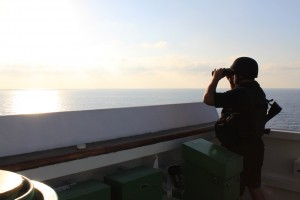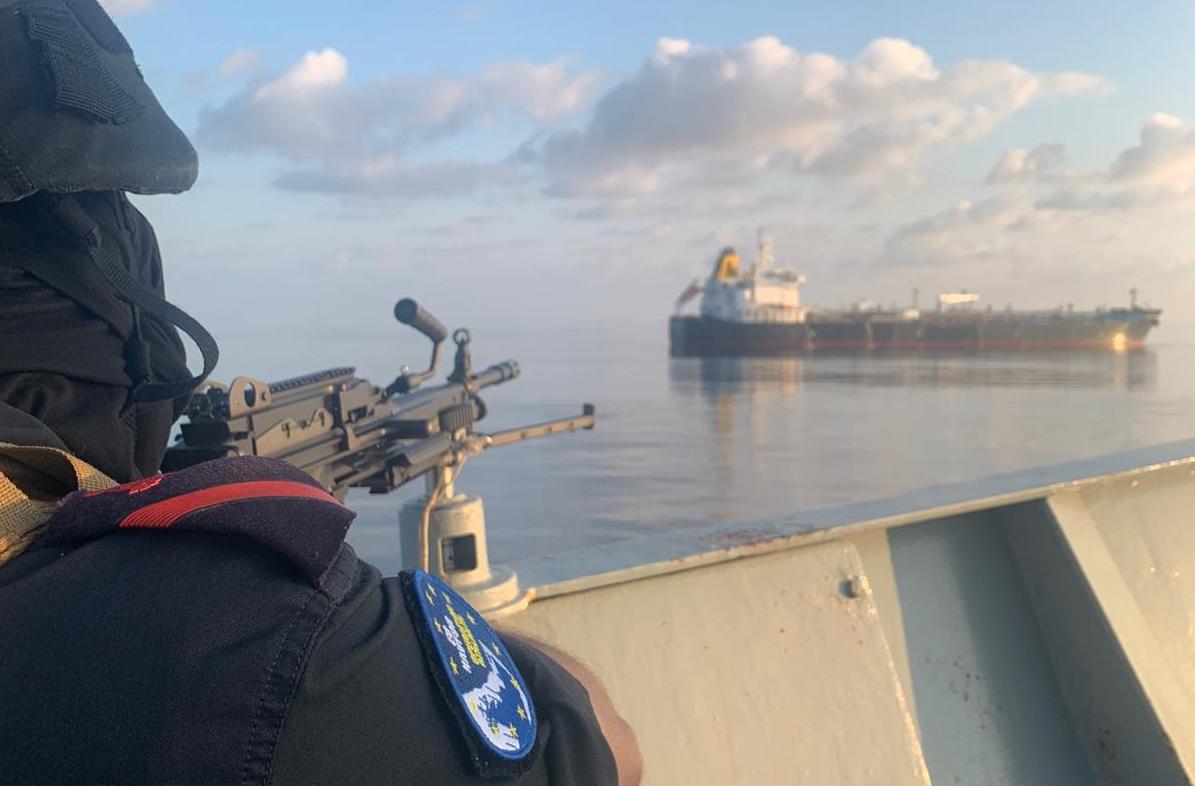Updated: July 31, 2012 (Originally published July 25, 2012)
By Michael Grey, Contributing Editor to Clay Maitland’s blog
 It is a bit rich, all this carping criticism from the United Nations about the private security sector, suggesting that it is open to trigger-happy criminals to get in on the act in the absence of that wonderful bureaucratic solution to all the world’s ills – “regulation”.
It is a bit rich, all this carping criticism from the United Nations about the private security sector, suggesting that it is open to trigger-happy criminals to get in on the act in the absence of that wonderful bureaucratic solution to all the world’s ills – “regulation”.
It doesn’t seem to occur to the disapproving officials that the industry doesn’t want to have arms aboard merchant ships and pay a lot of money for private protection. But it is forced into this strategy of self-help largely because the international “community” of governments is failing to do its job and ensure that piracy is consigned to the history books.
The UN and indeed any of its member governments have no moral right whatsoever to criticise the industry’s security arrangements while the situation in Somalia is surrounded by members of the Security Council sitting on their hands resulting in a policy vacuum. No UN report can burble on about “competence” when there is not much of this component being shown in addressing the root causes of piracy in this failed state.
Sure, there might be some cut-price gunslingers riding on merchant ships, just as there are some cut-price ship operators loose in the world. But if the UN was doing what it was supposed to be doing, rather than writing reports, the internal problems of Somalia would be addressed, the shipping industry would not be driven down the road of “self-help”.
Seafarers and ship operators have a right to safe navigation, and if governments can’t provide the necessary level of security, it is necessary to buy protection in the market. Said Murray Hammick of defence contractor Chenega Federal UK when launching the Open Ocean maritime security programme in London recently : “….it is about stepping back and taking a long-term and strategic view of what it is that individual shipowners and operators need in order to allow them to carry on their business without interference by unlawful gangs at sea”. Of course he is right. But maybe it is the UN and member governments which should be “stepping back and taking a long-term and strategic view” of the situation in Somalia, rather than criticising others for their reaction to its maritime consequences.
–This article originally appeared on Clay Maitland’s On a Quest for Quality in Shipping blog and is republished here with permission–
Editorial Standards · Corrections · About gCaptain

 Join The Club
Join The Club










